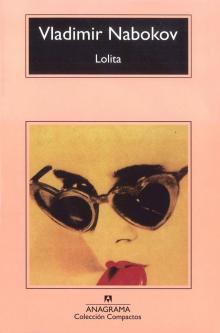 Lolita
Lolita Laughter in the Dark
Laughter in the Dark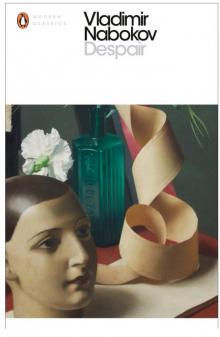 Despair
Despair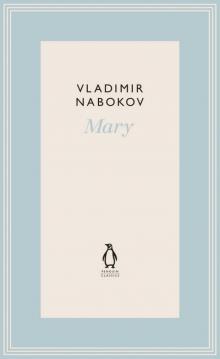 Mary
Mary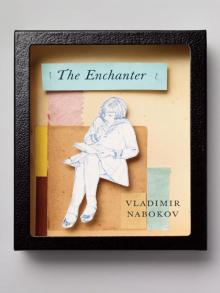 The Enchanter
The Enchanter Pnin
Pnin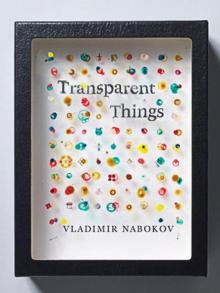 Transparent Things
Transparent Things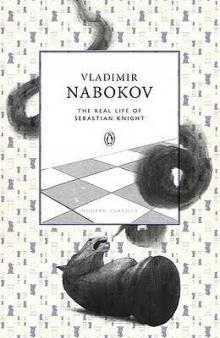 The Real Life of Sebastian Knight
The Real Life of Sebastian Knight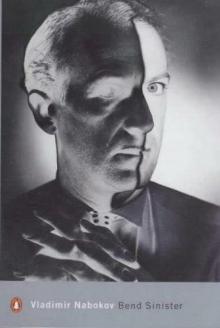 Bend Sinister
Bend Sinister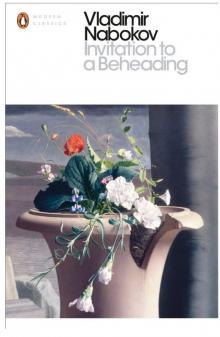 Invitation to a Beheading
Invitation to a Beheading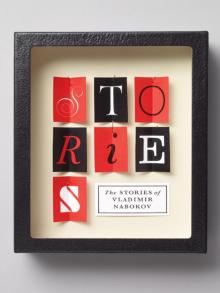 The Stories of Vladimir Nabokov
The Stories of Vladimir Nabokov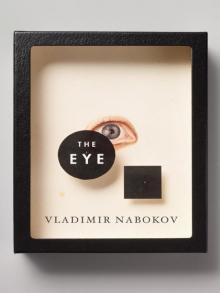 The Eye
The Eye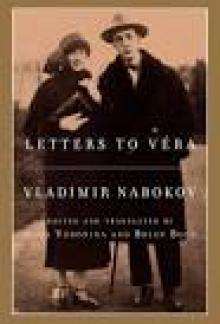 Letters to Véra
Letters to Véra Speak, Memory
Speak, Memory The Gift
The Gift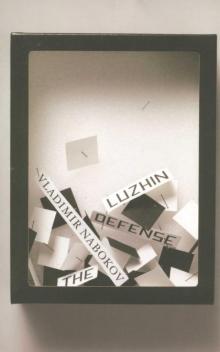 The Luzhin Defense
The Luzhin Defense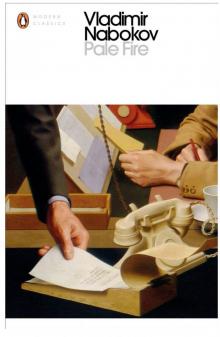 Pale Fire
Pale Fire Glory
Glory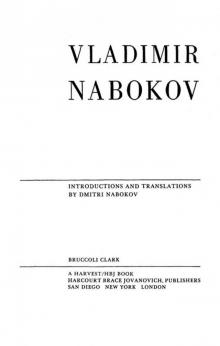 Man From the USSR & Other Plays
Man From the USSR & Other Plays Vladimir Nabokov: Selected Letters 1940-1977
Vladimir Nabokov: Selected Letters 1940-1977 Strong opinions
Strong opinions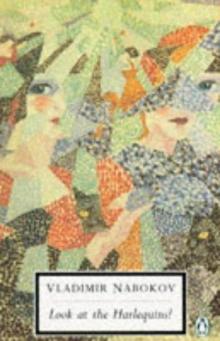 Look at the Harlequins!
Look at the Harlequins!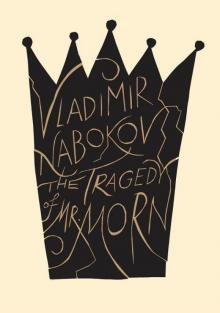 The Tragedy of Mister Morn
The Tragedy of Mister Morn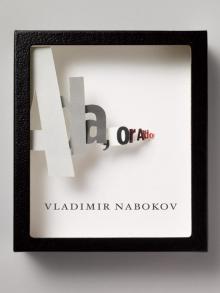 Ada, or Ardor
Ada, or Ardor Lectures on Russian literature
Lectures on Russian literature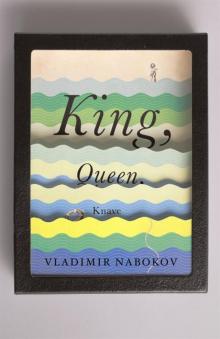 King, Queen, Knave
King, Queen, Knave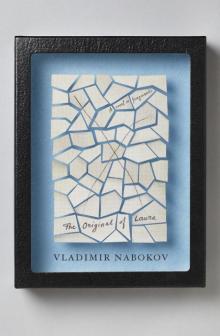 The Original of Laura
The Original of Laura